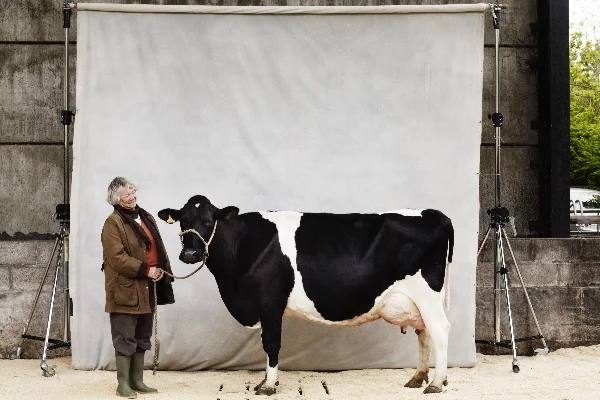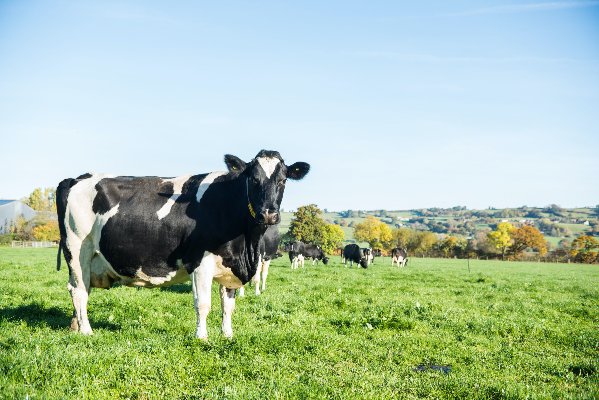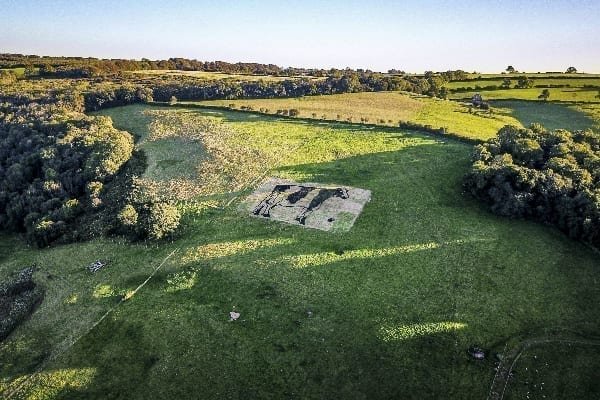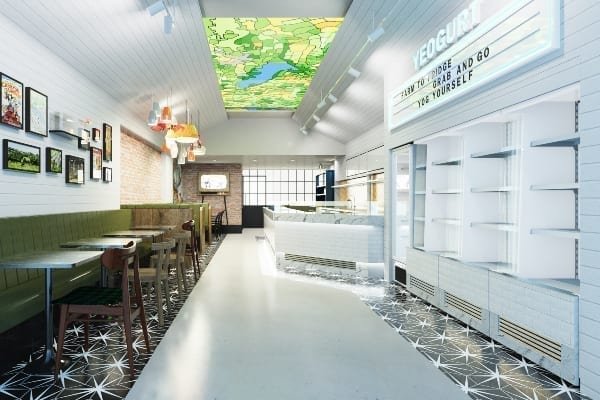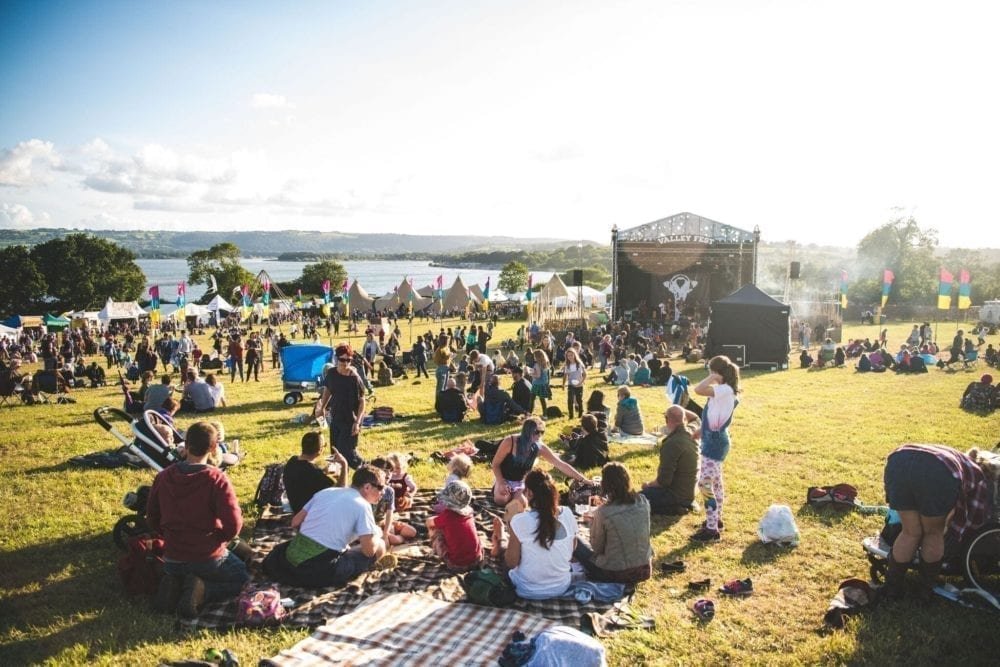This article first appeared in our International Women’s Day issue of My Green Pod Magazine, published 08 March 2024. Click here to subscribe to our digital edition and get each issue delivered straight to your inbox
It’s been 60 years since my husband Roger and I started our farming career at Holt Farm; after 50 years as a yoghurt maker and 30 years as an organic brand, I thought it might be interesting to cast my mind back over that time and the changes dairy farming has experienced.
In 1961, when Holt Farm was purchased, milk producers in the UK numbered around 100,000, with an average herd size of 22. Today 90% of those farms have gone, and a herd of 200 is more common.
A growing family
In 1961, Roger and I were able to secure the 150-acre Holt Farm in Blagdon, North Somerset. The farm had accommodation for 35 cows and a small milking parlour.
We quickly decided that the land, which tended to be wet, didn’t really suit sheep, so we started to increase the number of dairy cows.
We also increased the size of our family; Sarah, born in 1962, was joined by Tim in 1963. Amanda completed our family in 1969.
In 1970 we took the opportunity to purchase the neighbouring 40-acre Lag Farm, after arranging further borrowing.
We were up to about 150 cows on 200 acres. Later on, we bought Merecombe Farm across the road; this added another 90 acres, but the land needed reclaiming.
Eventually we added a milking parlour; we milked most of the herd here in the summer, taking Holt for silage.
Yoghurt from leftovers
Using converted buildings at Lag Farm and secondhand equipment bought from a recently defunct milk collection centre, we took the first tentative steps to trial the making of yoghurt.
Holt Farm lay beside a busy road, and we had also launched into ‘pick your own strawberries and sweetcorn’, as well as growing and selling potatoes.
We had established a small café with home-baked scones and jam, with cream from our dairy herd. Yoghurt was the perfect solution for using the skimmed milk left over from making cream, though it was still very much a novelty back then.
In 1974 we began making yoghurt for local shops. The new enterprise took up more and more of Roger’s time; I had always been involved in keeping the books and this became my prime input for the farm.
However, I had become increasingly fascinated by the breeding of British Friesians, and this became an all-consuming passion!
 Play Video about This Rock Might Just Save The World
Play Video about This Rock Might Just Save The World Play Video about Play 2 hours of rock
Play Video about Play 2 hours of rock Play Video about Play 2 hours of brook
Play Video about Play 2 hours of brook Play Video about Play 2 hours of sheep
Play Video about Play 2 hours of sheep

















